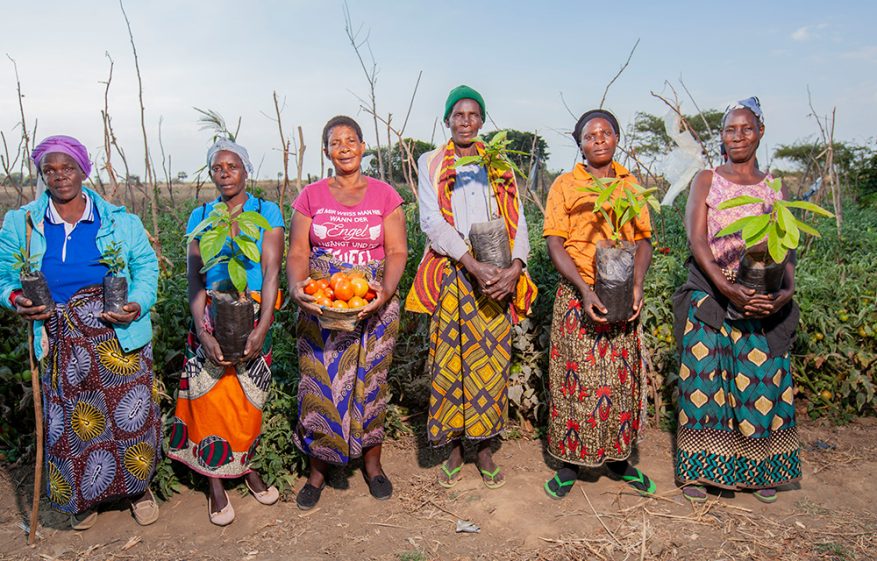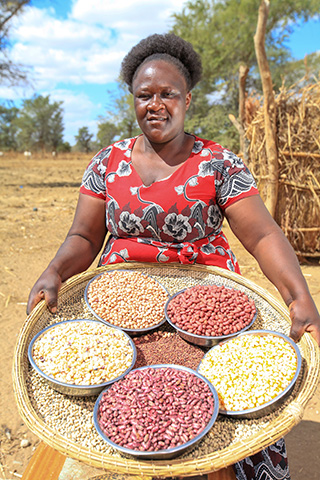A United Nations evaluation of worldwide hunger has removed three countries where Self Help Africa has been working from its list of global hunger hotspots.
In it’s most recent report, the UN Food & Agriculture Organisation (FAO) has de-listed Zambia, Malawi and Mozambique – where Self Help Africa works – alongside Zimbabwe, Namibia and Lesotho, amongst the countries where food shortages are most severe.
While hunger and food insecurity remain pressing issues across the region, the evidence of progress in tackling extreme poverty and hunger is heartening.
Self Help Africa has worked in Zambia, Malawi and Mozambique for several decades, supporting small holder farming households to produce and earn more from small farms, often in the face of changing climate.
According to the FAO report, improved growing conditions, together with success of targeted initiatives, like those of Self Help Africa, have contributed to improved food security across the region. Collaboration with local communities together with a focus on improving yields and on access to markets for crops, has been a key focus of our work in the region.
FAO coordinator for southern Africa, Patrice Talla, said however that now was not a time for complacency. “While the de-listing is a cause of celebration, we must continue to invest in sustainable agriculture, climate adaptation and social protection programmes, so that no-one is left behind,” he said.


